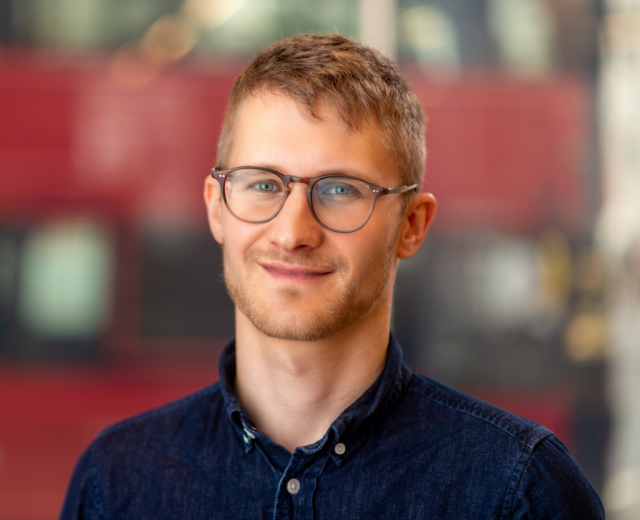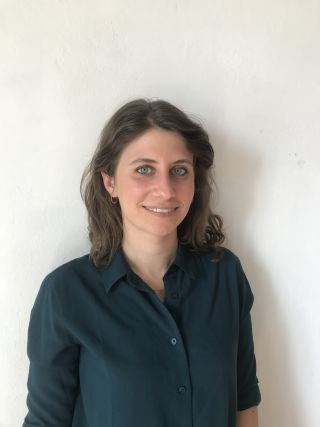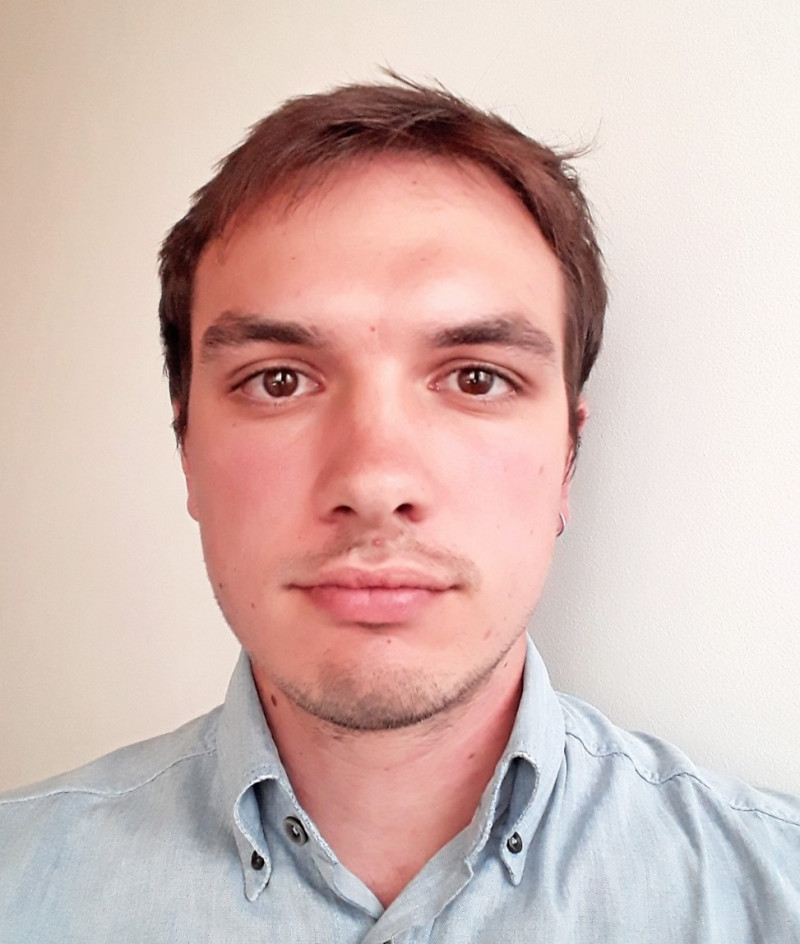EAEPE-Kapp Prize 2023
The 2023 EAEPE Kapp Prize went ex aequo to (1) Karsten Kohler for his paper titled “Capital flows and geographically uneven economic dynamics: A monetary perspective” published in Environment and Planning A: Economy and Space and (2) Roberta Terranova and Enrico M. Turco for their paper titled “Concentration, stagnation and inequality: An agent-based approach” published in the Journal of Economic Behavior and Organization.
|
Karsten Kohler
|
I’m honoured to be among the recipients of the 2023 Kapp Prize. For me, the great thing about the EAEPE is that it creates a dialogue between scholars who approach important economic issues from diverse perspectives and methodologies. I hope that my paper on Capital Flows and Geographically Uneven Economic Dynamics (Environment and Planning A) makes a modest contribution to this dialogue. The paper asks how capital flows across countries can contribute to macro-financial instability. While this is a topic that has attracted much interest since the 2008 Global Financial Crisis, the existing literature has not always been clear about the underlying causal mechanisms. In the paper, I argue that this ambiguity is partly due to an incomplete understanding of the workings of money and finance in monetary economies. Parts of the literature implicitly draw on a loanable funds framework that does not distinguish between gross and net capital flows and ignores endogenous money creation by banks. Additionally, there has been confusion regarding the accurate accounting of capital flows on balance sheets and in the balance-of-payments. To clear up some of these misunderstandings, the paper draws on post-Keynesian monetary theory and coherent balance sheet accounting. I have intentionally presented this material in an accessible manner. Rather than constructing a formal model, I have chosen to provide straightforward balance sheet examples and engage with arguments and empirical evidence from existing literature. I hope that this approach fosters dialogue between scholars from different theoretical traditions, and also makes the paper useful for young scholars and educators. In a nutshell, the key arguments made in the paper are, firstly, that trade imbalances are usually financed endogenously by net inflows that need not originate from surplus regions. Thus, it makes little sense to attribute current account deficits in a particular region to the excess savings in countries such as China or Germany. Secondly, the much-highlighted bank inflows are not a precondition for local credit creation and do not mechanically drive domestic credit booms. Instead, gross financial flows can contribute to destabilising financial booms through exchange rate appreciation and asset price inflation. Thirdly, sudden stops in capital flows can be entirely unrelated to current account deficits but may trigger financial instability, resulting in negative gross flows rather than increased outflows. These arguments imply that the focus on surplus countries as originators of net flows can be misleading and that gross flows from global financial centres are likely to be more important. More attention is needed to gross portfolio and FDI flows into asset markets rather than bank loan flows and net flows. |
|
Roberta Terranova and Enrico M. Turco
|
We are honored and grateful to be the recipients of the 2023 William Kapp Prize for our article "Concentration, stagnation, and inequality: An agent-based approach." We started thinking about these issues a few years ago, inspired by the contributions of authors like Paolo Sylos Labini, Joseph Schumpeter, and proponents of the evolutionary school of thought, as well as the insights from Keynes and Kalecki, among others. Our attempt aimed at building on and applying their intuitions to recent macroeconomic phenomena – particularly the rising trends of concentration, stagnation, and inequality. This was possible also thanks to associations like EAEPE, which promotes a pluralistic view and convenes the academic community to engage in dialogue on such topics and the works of such authors. In the paper we develop a macroeconomic agent-based model with endogenous innovation driven growth and knowledge accumulation. The source of concentration lies in the fact that heterogeneous firms do not have equal access to capital-embodied innovations, as we assume that this depends on the “knowledge gap”, i.e., the difference between the degree of capital good’s technical advancement and the firm’s accumulated technological knowledge. The analysis shows that, in the absence of consistent knowledge spillovers and as long as capital goods remain considerably different from each other, technical progress generates systematic differences in productivity across firms, leading to a reallocation of market shares towards more productive firms. Consequently, as the newly-emerging large firms seek to translate the enhanced market power into higher mark-ups, the resulting shift in the income distribution from wages to profits eventually undermines aggregate demand and growth. We are currently developing an extension and adaptation of the model. The Kapp prize stimulates us to further our research in this direction. |



